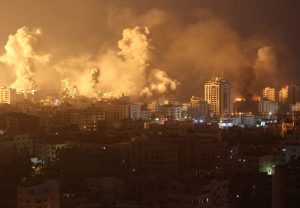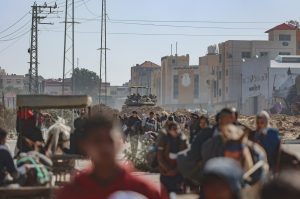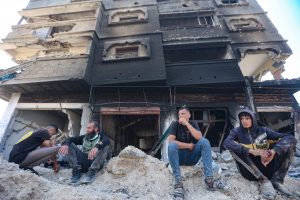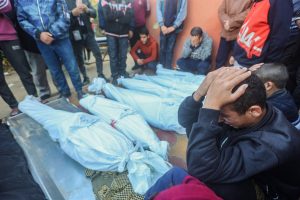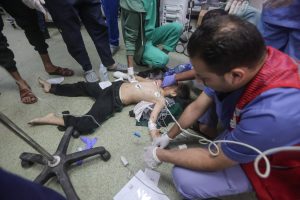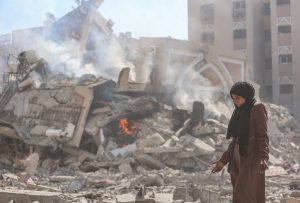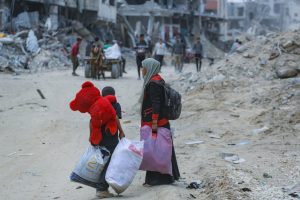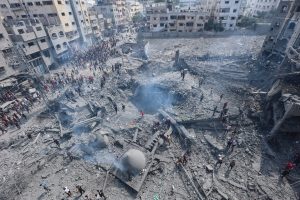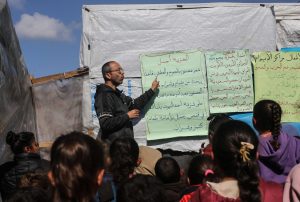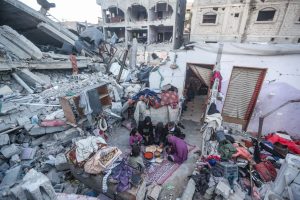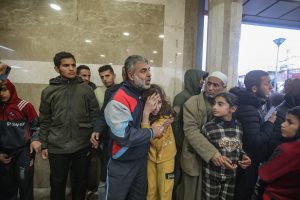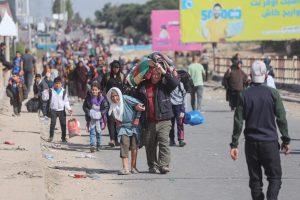Willpower in the Gaza Strip
In Gaza, war is no longer a moment; it is a season that has stretched endlessly, filling every corner of life with loss, noise, and dust. For nearly two years, the people of Gaza have endured a war that has stolen homes, children, schools, hospitals, dreams and yet, something deep within them refuses to be taken.
The war tries to kill the future. But in Gaza, the future is carried in the hearts of those who have nothing and yet give everything.
When the bombs fall, they do not just destroy buildings. They bury stories, photos, memories, entire generations of effort. But still, the people rise.
Every morning, long before the sun cuts through the thick, smoky sky, mothers begin their day with firewood and prayer. With no electricity, no clean water, and barely any food, they prepare the simplest meals, often just bread and tea, and somehow make it stretch for their children. Fathers search for aid, wood, water, a missing family member, or simply a sense of direction in a world turned upside down.
Children, covered in dust and barefoot, play between the rubble. Their laughter is softer now, broken by trauma, but it still exists, fragile and stubborn. Some carry notebooks they salvaged from bombed schools, refusing to let go of the idea of learning. Others draw pictures of homes, birds, and trees not as they are, but as they remember them. Or as they hope to see them again.
Teachers who lost their classrooms now stand in displacement camps, using the walls of tents as chalkboards. With no desks or books, they teach children the alphabet, mathematics, and, above all, hope. Every word they speak is a quiet rebellion against the silence of destruction.
Doctors, sleepless and overwhelmed, work under flickering lights or none at all. They operate on the floors of overcrowded hospitals with no medicine, no anaesthesia, and no safety. They save lives with their hands, prayers, and determination alone. They cry in secret so their patients can see only strength.
And the elderly, those who have lived through siege after siege, sit on plastic chairs outside what’s left of their homes. They tell stories of old Palestine, of the sea, of orange groves, and of their parents and grandparents. They remember everything and make sure the children remember too.
Through it all, the people of Gaza have become more than survivors. They are symbols of unshakable will, of a humanity that refuses to be erased. The world sees them through headlines and casualty numbers, but behind every number is a voice and behind every voice is a will that no bomb can bury.
